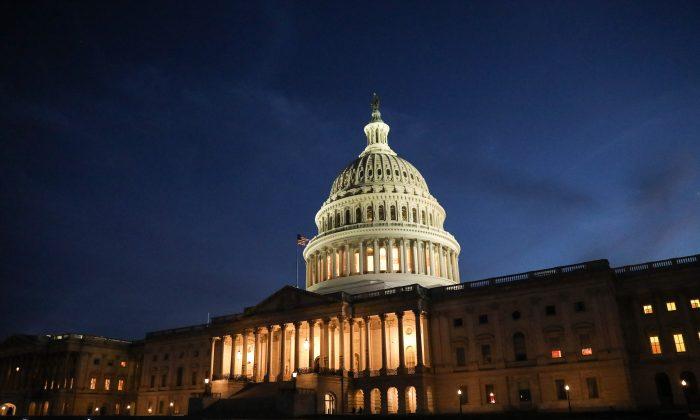WASHINGTON—The state of the economy plays a crucial role in driving electoral outcomes. However, it remains to be seen whether Republicans can hone their midterm message enough to turn the currently booming economy into a political victory this fall, according to political analysts.
Economic growth climbed above 4 percent in the second quarter, while the unemployment rate sits at 3.9 percent, near its lowest level in 18 years. U.S. job openings have surged to record-high levels and wages are finally starting to rise.





